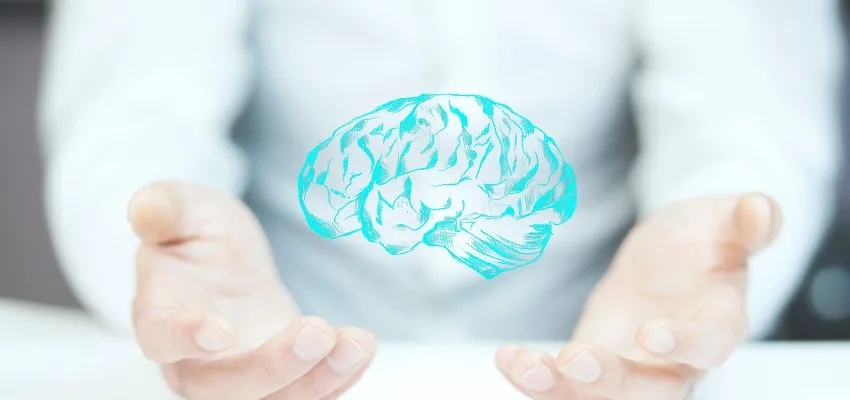
Teletherapy Hypnosis is Helpful for IBS symptoms

Managing the Effects of Cancer and Cancer Treatments With Hypnosis
Hypnosis is no magic trick even though it may feel like magic when a child gets rid of an irrational fear or a stubborn behavior. Parents need to get acquainted with the benefits of hypnosis, learn about the misconceptions around hypnosis and incorporate hypnotherapy in their toolkit.
Is Hypnosis Safe for Children?
Children are very often in a state of hypnosis. They receive many verbal and non-verbal affirmations. In a hypnosis session, a trained hypnotherapist guides the child into a focused state of awareness and provides positive suggestions. The practitioner uses language to help the listener develop self-mastery and confidence. Some people describe the hypnotic state like daydreaming. Hypnotherapy is non-invasive; it uses words.
Child Hypnotherapy Is More than 100 Years Old
The first publication about child hypnosis took place in a major American Journal, Science. The article “Suggestion in infancy” was published in 1891. Child hypnosis became a major part of research starting from the late 1950s. Since the 1980s, researchers and clinicians published hundreds of studies on children and hypnosis.
How Responsive Are Children to Hypnosis?
Children are more responsive to hypnosis than adults. While researchers are unable to pinpoint the reasons for children’s higher affinity with hypnosis, one possible reason could be that children can have a fertile imagination. They hone their imaginative skills through active use of imagery, as they consider many options to choose from.
What to Expect from a Clinical Hypnosis Session for Children?
Hypnosis for kids requires different methods compared to adults or teenagers. A child hypnotherapist will use unique techniques for younger children—for example, the younger the child, the simpler the visualization. But hypnosis for teenage can apply the same clinical hypnosis principles as for adults. An adolescent might even be able to follow self-hypnosis training which would be too difficult for a younger child.
Is Hypnosis Effective with Children?
Parents and researchers have revealed great benefits from a hypnosis treatment. Children can get relief from a variety of issues also faced by adults. For instance, hypnosis can help:
- Release anxiety and relieve depression
- Get slimmer (hypnosis for children with eating problems)
- Ease Pain
- Manage Asthma
- Relieve obsessive-compulsive disorder (OCD manifests through persistent repetitive actions or permanent intrusive thoughts).

What Can Child Hypnosis Help With?
Hypnotherapy is a very valuable therapeutic tool in pediatrics because it can help with situations that are specific to childhood or teenage. Here is a glimpse of what child hypnosis can help with.
The Benefits of Using Hypnosis for Men’s Health
Men tend to put their health last. They are often reluctant to seek care from doctors, they […]
- Social anxiety disorder: Children might feel insecure in social situations and become shy and withdrawn.
- Phobic reaction (for instance school phobia, food phobia, fear of needles): While the child can sometime outgrow the fear, most of the time the child will instead develop avoidance strategies. Phobias that developed only recently are easier to solve. If you consider the drawbacks of phobias vs the ease and safety of hypnosis sessions, hypnotherapy is the tool of choice for a healthier and happier life.
- Sense of mastery and control: during childhood and teenage, a child undergoes many physical and emotional changes. Sometimes these changes do not happen fast enough and might lead to shame and reduced social interactions (bedwetting, thumb sucking). Sometimes these changes are too fast. The child has difficulty adjusting to the new demands and experiences excessive stress.
- Post traumatic Stress Disorders: war, natural disasters, physical and mental assaults or traumatic medical or dental procedures can create their onset. They can last a lifetime.
- Performance anxiety: a child might experience stage fright before school plays. While a certain level of anticipatory stress is normal, excessive anxiety can bottle up their nascent talents.
- Sleep disorders: children may experience difficulties in falling asleep due to the irrational fear of falling asleep.
- Anorexia nervosa: hypnotherapy can be used for anxiety reduction and self-esteem improvement.
- Depression: depression in a child or teenage can be quite disarming. General methods aim at improving the child’s self-esteem.
- Hair pulling and nail biting: while these behaviours are not endangering the child’s life, they may lead to a sense of helplessness as the child is unable to get rid of the habit.
The Case for Raising Your Child with Hypnosis
Pediatric research involving hypnosis highlights the efficacy of hypnosis and hypnotherapy for children. Doctors started documenting the use of child hypnosis as early as the 19th century. An abundant body of research and empirical evidence make a compelling case for its wider use.
Because hypnosis is safe and non-invasive, you should consider raising your child with hypnosis. It should be part of the tools you can use to enhance the child’s wellbeing and health and improve their confidence and self-esteem.
At Renewed Edge, we use the most advanced techniques in hypnosis to help you and your loved ones enjoy a happier and healthier life. Please contact us and find out how we hypnosis can help you.











